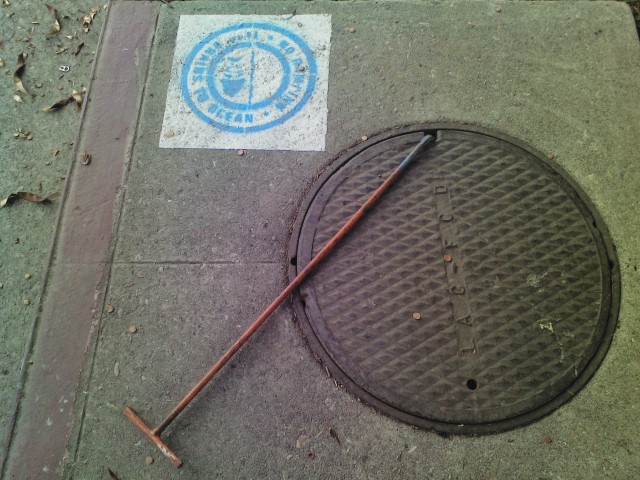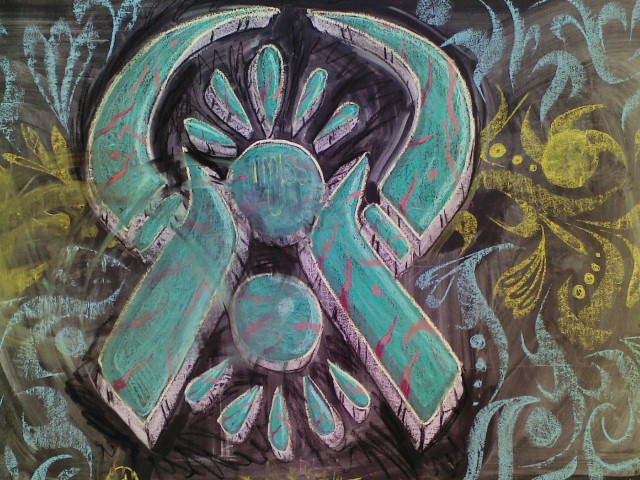Saturday, September 2, 2017
Hurricane Harvey has flooded close to 300 square miles of Texas in the past several days, and the damages will total far more than a hundred billion dollars. The congressional membership of Texas will no doubt immediately vote for federal aid, which was not their immediate reaction when parts of New Jersey were obliterated a few years ago. Those who support Trump see no contradiction whatsoever. After all, the level of flooding in Texas is reported to be an event that is likely to happen only once every thousand years, so it will be sometime before Texas needs this much help from the other 49 states again. Surely we can pitch in just this one time.
It’s hard to say how much longer California will exist in its familiar state. North Korea claims to have made yet another advance towards hurling a nuclear bomb at the United States. Most likely, North Korea would like the United States to recognize that it merely wants to join the MAD (Mutual Assured Destruction) club. This is to say that one country does not attack the other because the consequences of retaliation are too grim. The logic is hideous beyond any ethical defense, but even mentally ill societies have somehow managed to avoid harming each other in this manner so far. If some other perverse plan is in motion, however, we in California can rest assured that President Trump would be happy to sacrifice our entire state if it would enable him to become seen as a heroic commander-in-chief.
(For an extended consideration of this issue, see:
https://www.nytimes.com/interactive/2017/08/22/world/asia/north-korea-nuclear-weapons.html?hp&action=click&pgtype=Homepage&clickSource=story-heading&module=first-column-region®ion=top-news&WT.nav=top-news&_r=0
“Actually striking the United States would be suicide. But the capability could help the North deter an invasion and wield increased global influence. “
By WILLIAM J. BROAD, MIKA GRÖNDAHL, JOSH KELLER, ALICIA PARLAPIANO, ANJALI SINGHVI and KAREN YOURISH UPDATED SEPT. 3, 2017)
In the meantime, a major fire is doing its mountain rim walk in Los Angeles County yet once again; and the MLB team with the worst record last year (and one of weakest pitching staffs in the first half of the season that one could possibly assemble) somehow seems destined to play at least one postseason game during the first week of October. Bravo Twins! Bring back the Cow-Cow-Boogie of yesteryear!
The heat wave in Los Angeles County remains very debilitating, so much so that I gave up trying to write earlier this evening and watched a movie that Linda and I came across on Netflix: The Distinguished Citizen is a chapter-divided account of how a writer’s self-exorcism turns into rebarbative destiny. A Nobel Prize winning author who lives in an unusual degree of luxury in Barcelona, Spain, decides to revisit his hometown, which he left 40 years earlier just after his mother died. He also left behind at that time his girl friend, who has never ceased loving him. He discovers upon his return to Salas, Argentina that his best friend ended up marrying the girl friend on the rebound, and the story turns slightly incestuous in the manner of a Greek tragedy with sardonic comic overtones. Even if you have never written a page of a story, you will find this character’s attempt to reconcile the imagined distant past with the actual superficies of one’s origins to be a compelling drama.
The fictional writer, Daniel Montovani, is played by Oscar Martinez with pitch-perfect ability to register and interweave layers of benign amusement with nostalgic loathing. Montovani first begins to realize that his decision to break an unofficial vow and never return to his birthplace was a miscalculation when he arrives on a long flight from Barcelona to Buenos Aires. (Oddly enough, though he is scheduled to stay there only four days, there is not the slightest hint of jet lag, no doubt due to the long siesta he took on the plane after the captain announced his presence on the transatlantic flight, which he responded to by pulling a blue sleep mask over his eyes.) The man waiting for him at the airport has been well chosen: an oaf who directs him to a cheap, uncomfortable car (instead of a larger, sleek model parked alongside) for the seven hour ride to his provincial origins. “Six hours,” the driver informs him. “I know a shortcut.” The shortcut consists of veering onto a bad country road prone to causing a flat tire. Of course, the driver is too poor to afford having a spare. The driver also has no cell phone. They spend the night there, using pages from one of Montovani’s books to start a fire to stay warm during the chilly night as well as for toilet paper at the morning’s latrine. Around the improvised, nocturnal campfire, Mr. Montovani tells the driver one of his stories, reminiscent of Maupassant, about a pair of twins who yearn for the same woman. The Cain and Abel outcome has a twist, in Montovani’s rendition, and this story foretells the violent confrontation between Montovani and his best friend as they go pig hunting.
The screenplay, by Andres Duprat, must have been a pleasure to read; the directors, Gaston Durprat and Mariano Cohn, make it look easy to have summoned empathic performances from Andrea Frigerio (as Irene), Gustavo Garzon (as Gerardo Palacios, the writer’s childhood friend) and an almost too charismatic performance as the couple’s daughter, Julia, by Belen Chavanne. Montovani, not knowing this woman is their daughter, spends the night with her, and at one point divulges his pleasure at scoring a groupie. Chavanne’s performance is so alluring, however, and her personality so strong that one finds it hard to believe that she is still in town, though she claims to want to escape as soon as possible. Perhaps this will take the death of her mother to give her egress, even as it required the death of Montovani’s mother to make use of his passport. It’s quite clear that the daughter will no more want to return to the town for her father’s funeral one day than Montovani did for his father. The scene in the bar in the chapter entitled “Volcan,” in fact, probably reveals how Montovani as a young man realized that his widower of a father had been less than faithful to his deceased mother, and that it didn’t take long for him to pack his bags and head to his version of Wittenberg.
If this were a novel, or a play, I could imagine an additional very tender flashback: a scene between Montovani’s mother and his young girlfriend. Set in this remote town, which is caught with perfect fidelity as to its austere limitations, it would have been a scene deserving of Chekhovian compassion. That one can imagine that scene for oneself is part of the reverberation of the film’s final scene.
On a much more mundane level earlier today, I had to rectify the haphazard work of those who have been working on the water pipe system on Molino Avenue the past six weeks. By chance, a man who pushes his paralyzed wife around in a wheelchair on a daily basis hailed Linda as she stood on the porch at mid-afternoon, and pointed to the manhole cover that was perched in eclipse mode over its proper slot. The rod that had lifted it out was still hooked into one of its peripheral notches, fortunately, so I was able to go out and slowly dial it around until it fit smoothly into its retaining circle. One always thinks that nothing would have happened if it had not been noticed, and rectified, and yet I remember all too well how my first wife suffered a badly broken leg because of a similar sloppiness by workers. It is hard to believe that anyone could walk away from a job and leave things in dangerous disarray, but it goes to show that as desultory as life seemed to be in the city I grew up in (Imperial Beach), an insidious indifference towards the vulnerability of others is an all too common trait.
To end on an upbeat note, though, I wish to thank our neighbors Jill and Geoff for helping us, early Saturday morning, loosen up the panel door of our electrical fuse box at the rear of the house so that we could get our electricity going again after it had gone out the previous night.







 About Bill Mohr
About Bill Mohr